Who made my clothes?
That’s what the organizers of the globally observed Fashion Revolution Week want people to ask themselves the next time they put on an outfit or choose what clothing to buy.
Fashion Revolution began in response to the Rana Plaza building collapse in Bangladesh, which killed 1,138 people and injured another 2,500 in 2013. Since then, people from all over the world have called on brands to take action to improve working conditions for garment workers.
The advocacy group says these changes are slowly happening. More brands are being open about where their clothes are made, more manufacturers are making their factories safer, and more producers are being seen and heard.
But Fashion Revolution says there’s still a lot of work to be done.
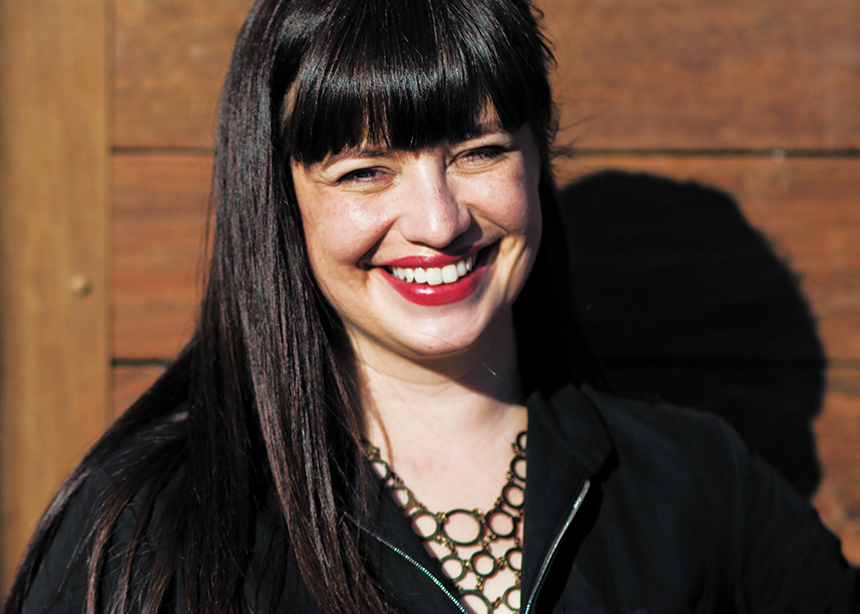
That’s where people like Elise Epp and Anna-Marie Janzen come in. The pair were involved in the planning and execution of the first Winnipeg events to mark Fashion Revolution Week from April 22 to 28.
The week of advocacy began with a mend/make-in at a Winnipeg outlet mall on April 22, at which around 30 people embroidered, sewed, knitted, spun and mended in the middle of the mall in an effort to protest what they say is an unethical “fast fashion” industry.
Janzen, 31, is a member of Winnipeg’s Hope Mennonite Church and the owner of Reclaim Mending, a small business that offers sewing lessons, custom pieces, clothes mending and alterations. She says it was incredible to see so many people show up to fly in the face of capitalism: “We wanted to create a space where we could gather as a community of makers and menders to protest ‘fast fashion’ and consumerism.”
Epp, 32, is a member of Toronto United Mennonite Church and served as the regional coordinator for Winnipeg’s Fashion Revolution Week. She helped organize the week’s activities, including a gala and screening of the documentary film The True Cost.
“Each of the 60 people who showed up for the gala seemed absolutely delighted to be there, which was very gratifying to me as the host,” she says.
The week wrapped up with a clothing swap and fashion show, which featured locally made and thrifted looks, proving to onlookers that thrifted clothes are fashionable.
Fashion revolutionaries
Ethical fashion is more than just a week of events for Epp and Janzen. Both have made pledges to make or buy almost exclusively from local, ethical companies or second-hand.
“I make over 50 percent of my clothes, but I also love seeking out brands that are doing innovative things with how clothing and shoes can be made,” Epp says.
Janzen makes a living off of mending people’s clothes, but her sewing machines, fabric and other tools of the trade are thrifted.
Much of her wardrobe is thrifted or bought from ethical companies. “We [in the Fashion Revolution world] always say that the most sustainable thing in your wardrobe is what you already have,” she says. “I’m a big advocate for mending and making loved clothes last. I don’t do a lot of purchasing in general.”
Epp’s involvement in the week-long events made her want to go a step further.
“This Fashion Revolution Week has made me think more about the next step of my sustainable fashion journey,” she says. “I think it is to consume less. I want to be more conscious and ask myself, ‘Do I actually need that?’ ”
It also helped her realize the power of the collective in calling for change. “Through these events I’ve met so many people I didn’t know before, who are doing their own little fight,” she says. “Bringing us all together, we can amplify and give us a bigger voice in the community.”
While some might feel that buying ethical clothing is out of their price range, the duo say that cultivating an ethical wardrobe means buying fewer items that last longer.
“Instead of buying a lot of bad-quality things, you use all of that money to buy a few good quality things that you actually like and are made of better quality materials that last longer,” Janzen says.
They hope that more Mennonites will join them in calling for a fashion revolution.
“If we claim to be people of peace, and that’s a big part of our identity as Mennonites, but our dollars are supporting such violence, then we’re not living up to our own ethos,” Janzen says.
Further reading:
One woman… one month… one dress

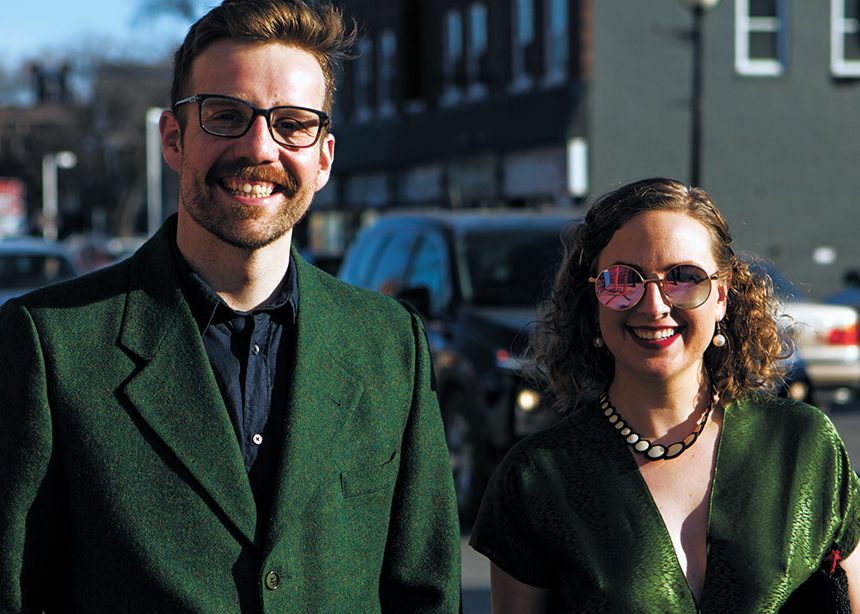


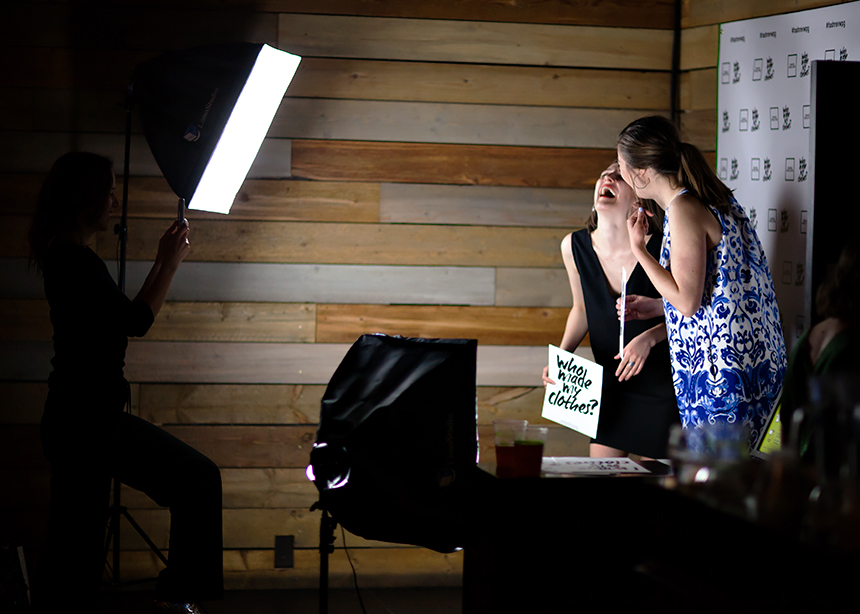
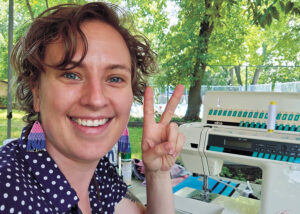
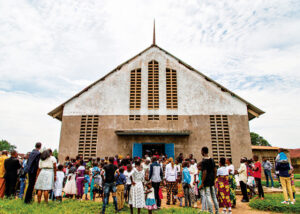


Leave a Reply
You must be logged in to post a comment.